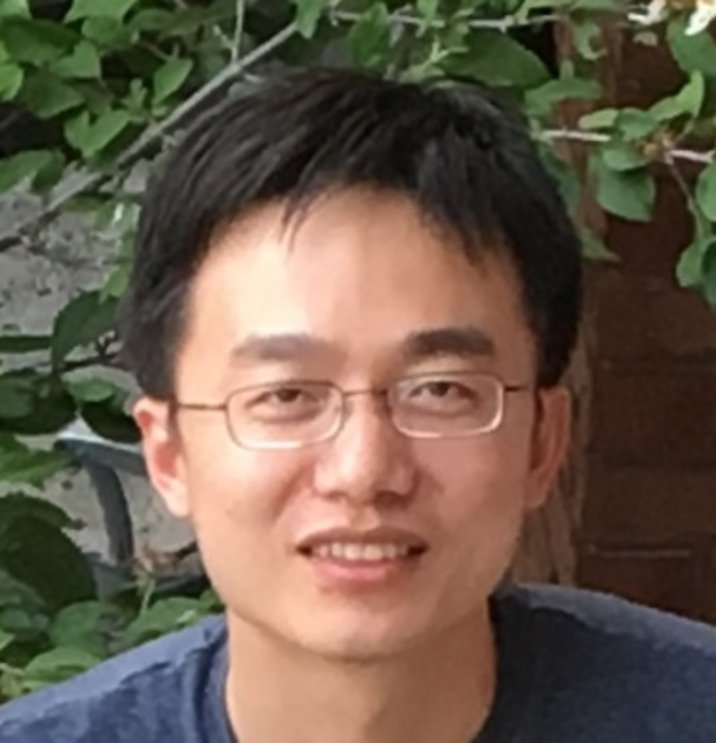Biography
Dr. Yanxiao Zhang received his bachelor’s degree in Biotechnology from Beijing University in 2010. He then obtained a PhD degree in Bioinformatics (advisor: Dr. Maureen Sartor) and master’s degree in Statistics from the University of Michigan in 2016. He completed his postdoctoral work in Dr. Bing Ren’s lab at Ludwig Institute for Cancer Research (UCSD branch), studying the dynamics of chromatin states during mammalian development (as part of ENCODE) and 3-dimenstional chromatin structure.
Research
Every organism (including human beings), as far as we know, undergoes an irreversible and deteriorating process known as aging, which eventually leads to death. However, the DNA can pass on to the new organism once they complete the reproduction-and-reprogram procedure. Interestingly, somatic cells can also achieve “immortality” by mutation and thus reprograming into cancerous cells, indicating that the genome has the potential to live forever, at least at the cellular level (although this is often against the will of the organism). Such potentials are regulated by epigenetic mechanisms including DNA methylation, histone modifications and noncoding RNAs.
Our lab will use computational and functional genomics tools to study the mechanisms of aging and cancer, with a primary focus on epigenetic regulations. We will investigate how the dysfunction of heterochromatin, repetitive elements and transposons contributes to the oncogenic and aging processes. We will also continue to develop the most cutting-edge genomics and computational methods when in demand. For more info please visit: https://zhangyxlab.github.io/
Representative Publications
*Co-first, #Co-correspondence
1. Zhang Y*,#, Amaral ML*, Zhu C, Grieco SF, Hou X, Lin L, Buchanan J, Tong L , Preissl S, Xu X#, Ren B#, “Single-cell Epigenome Analysis Reveals Age-associated Decay of Heterochromatin Domains in Excitatory Neurons in the Mouse Brain”, Cell Research, 2022
2. Gorkin D*, Barozzi I*, Zhao Y*, Zhang Y*, Huang H*,..., (35 authors), ...,Visel A#, Pennacchio LA#, Ren B#. “An atlas of dynamic chromatin landscapes in the developing mouse fetus”, Nature, 2020
3. Zhang Y*, Li T*, Preissl S*, Amaral ML, Grinstein, JD, Farah, EN, Destici E, Qiu Y, Hu R, Lee AY, Chee S, Ma K, Ye Z, Zhu Q, Huang H, Fang R, Yu L, Izpisua Belmonte JC, Evans SM, Chi NC#, Ren B#. “Transcriptionally active HERV-H retrotransposons demarcate topologically associating domains in human pluripotent stem cells” Nature Genetics, 2019
4. Zhang Y, Koneva LA, Virani S, Arthur AE, Virani A, Hall PB, Warden CD, Carey TE, Chepeha DB, McHugh JB, Wolf GT, Rozek LS#, Sartor MA#. “Subtypes of HPV-positive head and neck cancers are associated with HPV characteristics, copy number alterations, PIK3CA mutation, and pathway signatures.”, Clinical Cancer Research, 2016
5. Zhang Y*, Lin YH*, Johnson TD, Rozek LS, Sartor MA. “PePr: a peak-calling prioritization pipeline to identify consistent or differential peaks from replicated ChIP-Seq data.” Bioinformatics, 2014
Contact Us
zhangyanxiao@westlake.edu.cn
